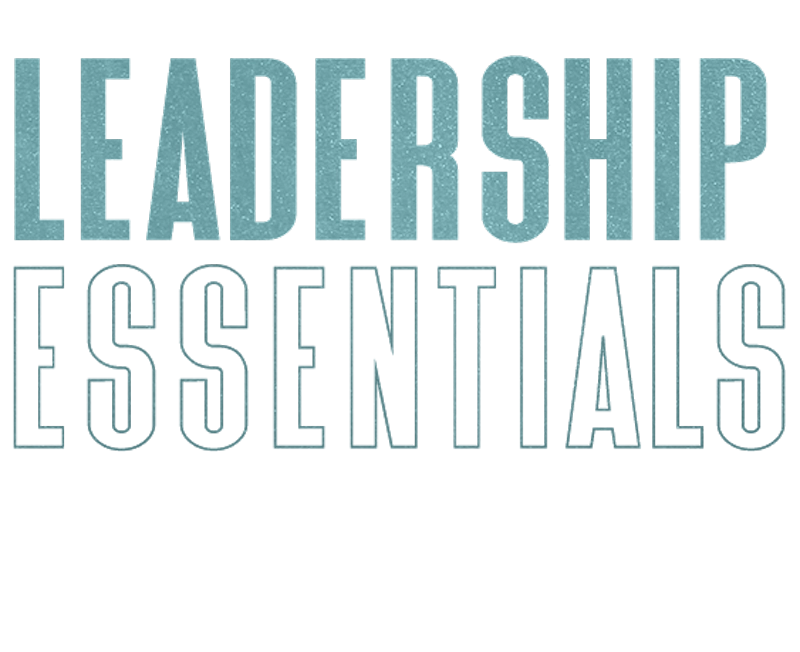Class Is in Session
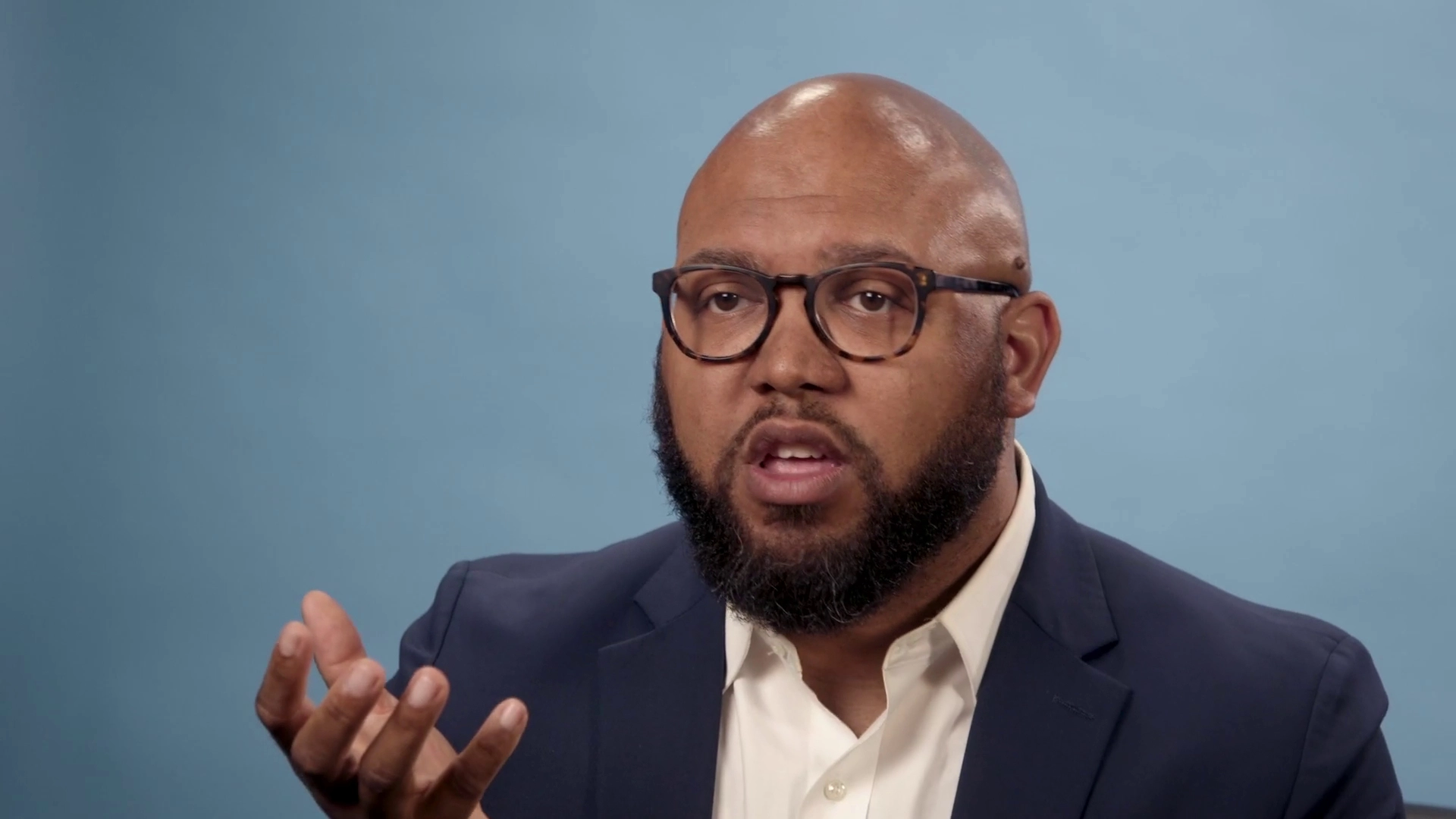
Meet Professor Matt Houston
For Professor Matt Houston, leadership is more than positional authority. It's about learning how to invest in others, inspire action and drive societal change.
Lesson 1: Building the Foundation

What Is Leadership?
By definition, leadership is the action of leading a group of people within an organization. However, it runs much deeper than that. True leadership is the ability to inspire and motivate people in your sphere to grow and to encourage those you lead to challenge both one another and you as a leader. How can you encourage powerful, constructive discourse in your organization?
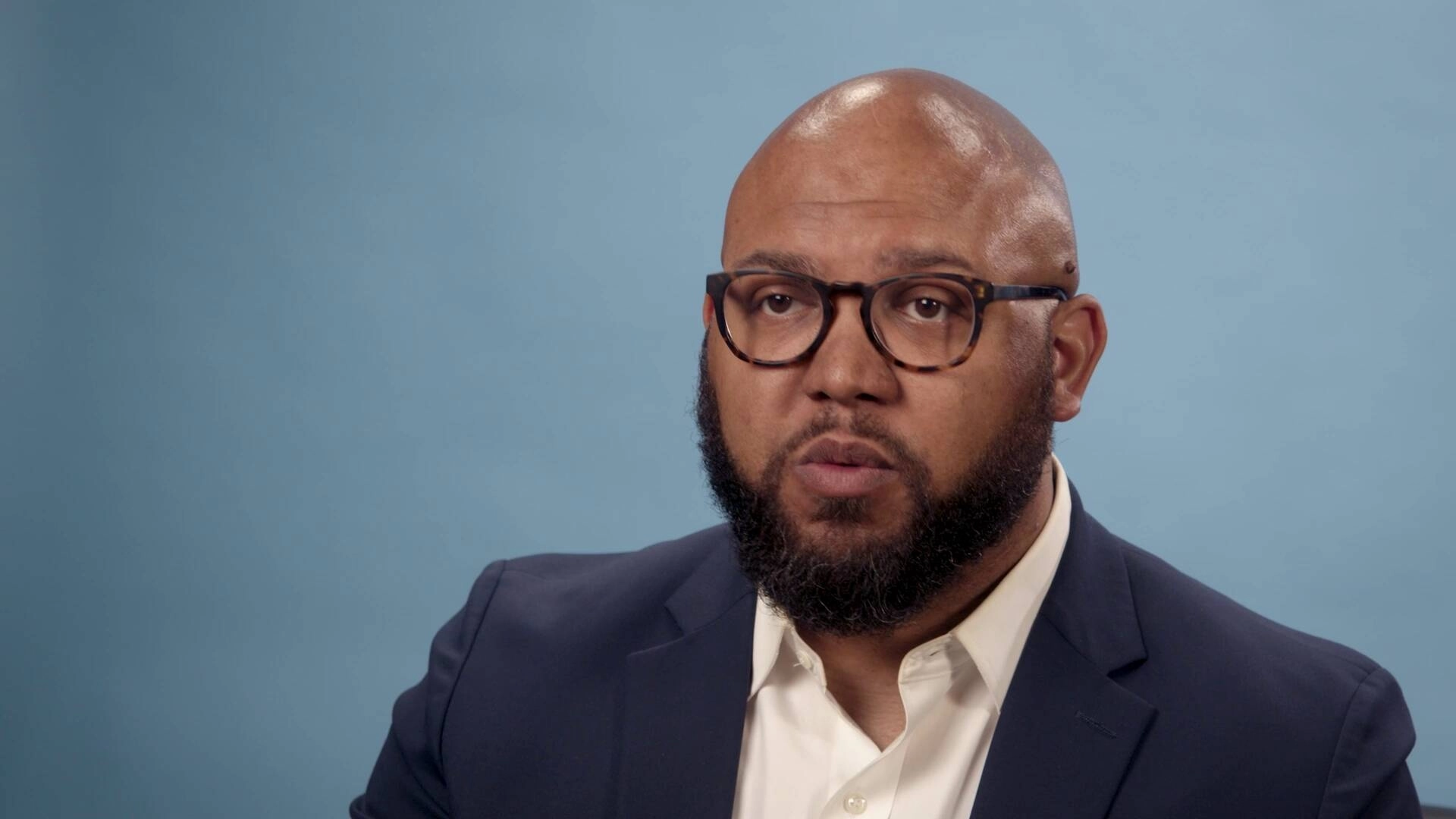
Why Is Leadership Important?
Every individual has a talent, passion or gift, and leaders can identify that potential and nurture it into something powerful. Effective leadership transcends the boundaries of a single group, helping craft systems and societal movements that inspire change. In other words, leadership isn't the end result. It's the journey. Think back on a time someone invested in you. How can you do the same for someone else?
Lesson 2: Navigating Leadership Challenges
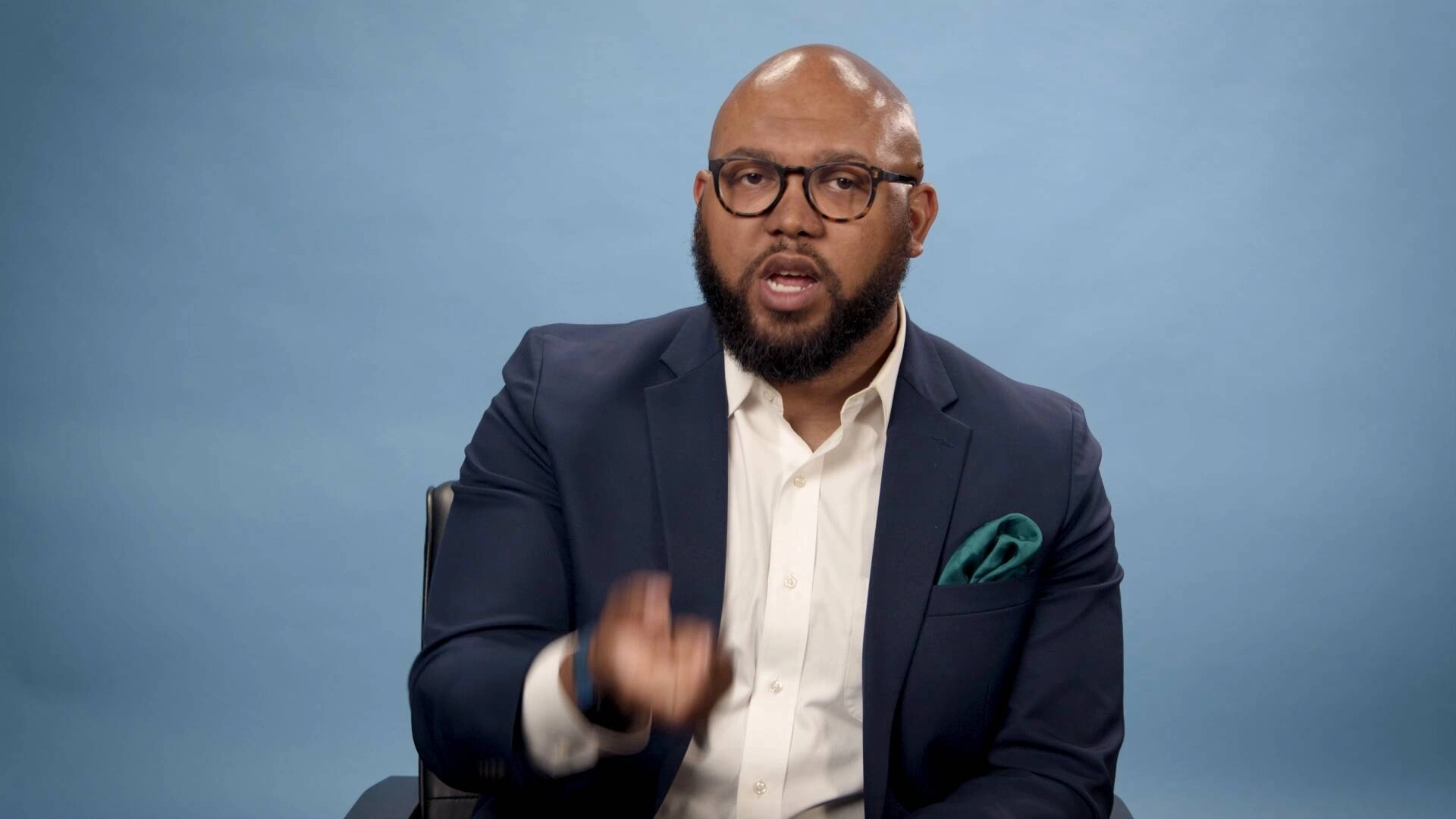
Examining the Impact of a Good Leader
The true impact of your leadership will never be felt in the present. With that in mind, it's critical to constantly think about how you can craft a positive legacy that inspires others and benefits people who follow you.

Collaboration Produces the Best Outcome
Building the right team will lead to true growth and systemic change. In fact, leaders are defined by the teams they build, not their individual outcomes. Successful teams communicate effectively, empower members to challenge and debate one another in a healthy way, and are driven by a common goal. What's your organization's common goal? Is it clear enough to every member of your team?
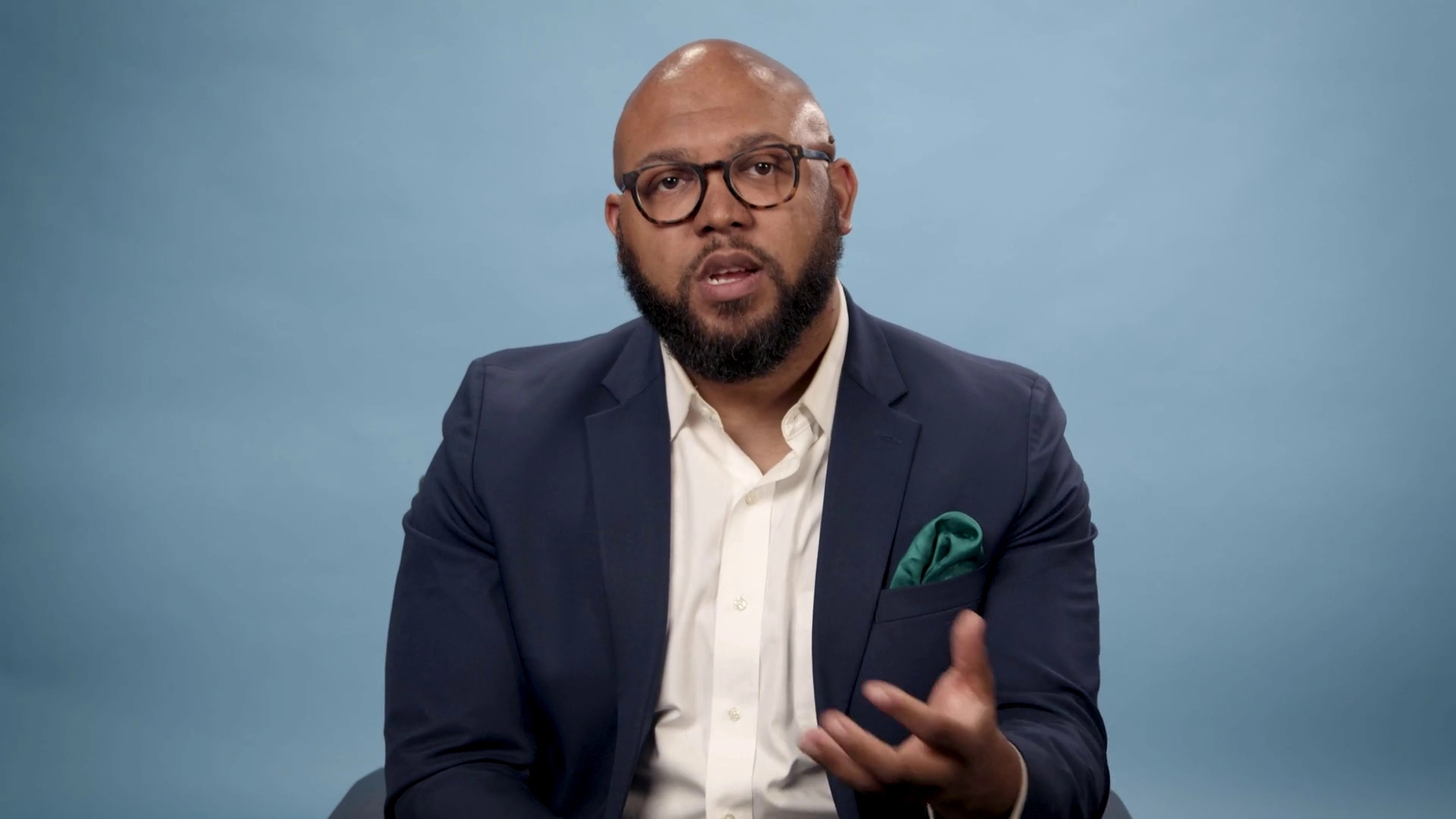
Transformational and Transactional Leadership
Transactional leadership is direct, task-driven leadership without any emotional investment. Transformational leadership goes deeper, using something other than a simple end goal to inspire action and create moral and ethical connectivity. It doesn't require a title. Any individual with a vision or direction can become a transformational leader. While transformational leadership leaves a legacy, transactional leadership also has a purpose. Come up with a few scenarios where transactional leadership could get the job done.
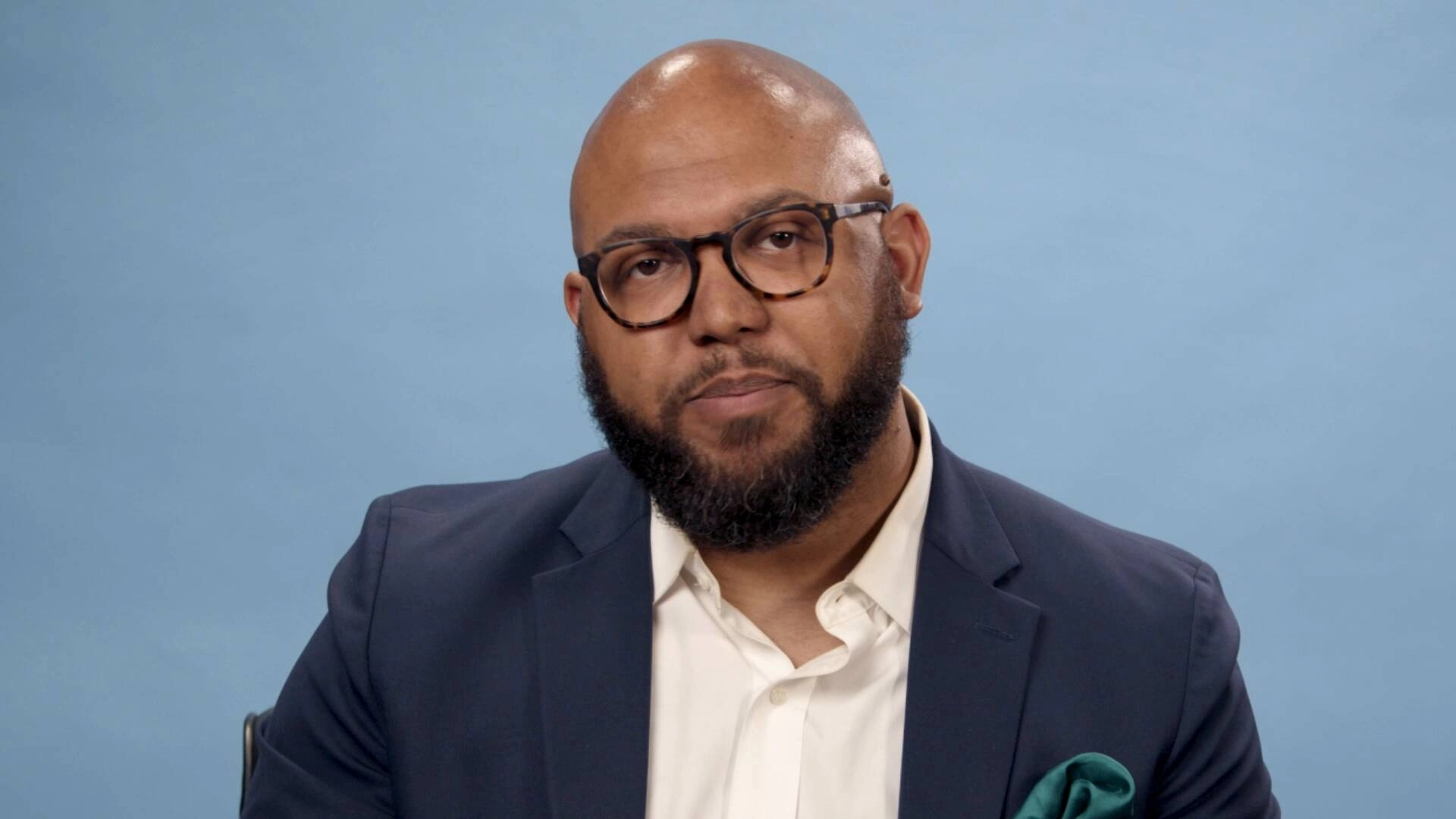
Embracing Failure
The most valuable lessons can stem from failure. Though society teaches us to reject negativity and failure, those moments can actually propel you further in your leadership journey than any others. When you forget a process that resulted in failure, you're doomed to repeat it. Instead, celebrate failure and identify how you can improve. What was your biggest moment of failure? Did you forget it and move on or learn from it?
Lesson 3: Putting Leadership to Work
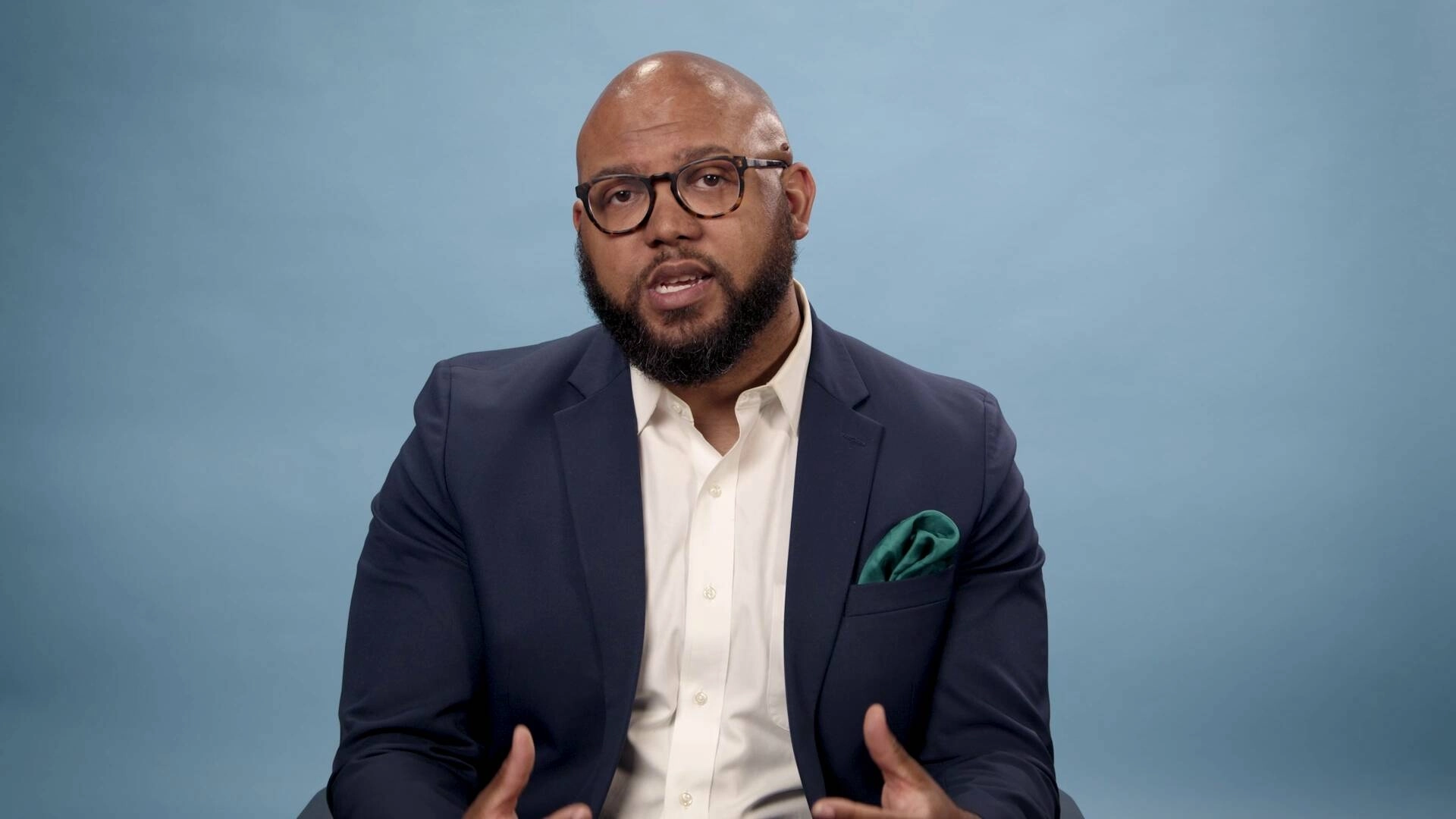
Leadership and Ethics
There are five principles of ethical leadership. Respect Others, Serve Others, Show Justice, Manifest Honesty and Build Community. Which of the five traits do you feel you excel in? Why? Where do your leadership efforts need work, and how can you go about crafting a better approach to those shortcomings?
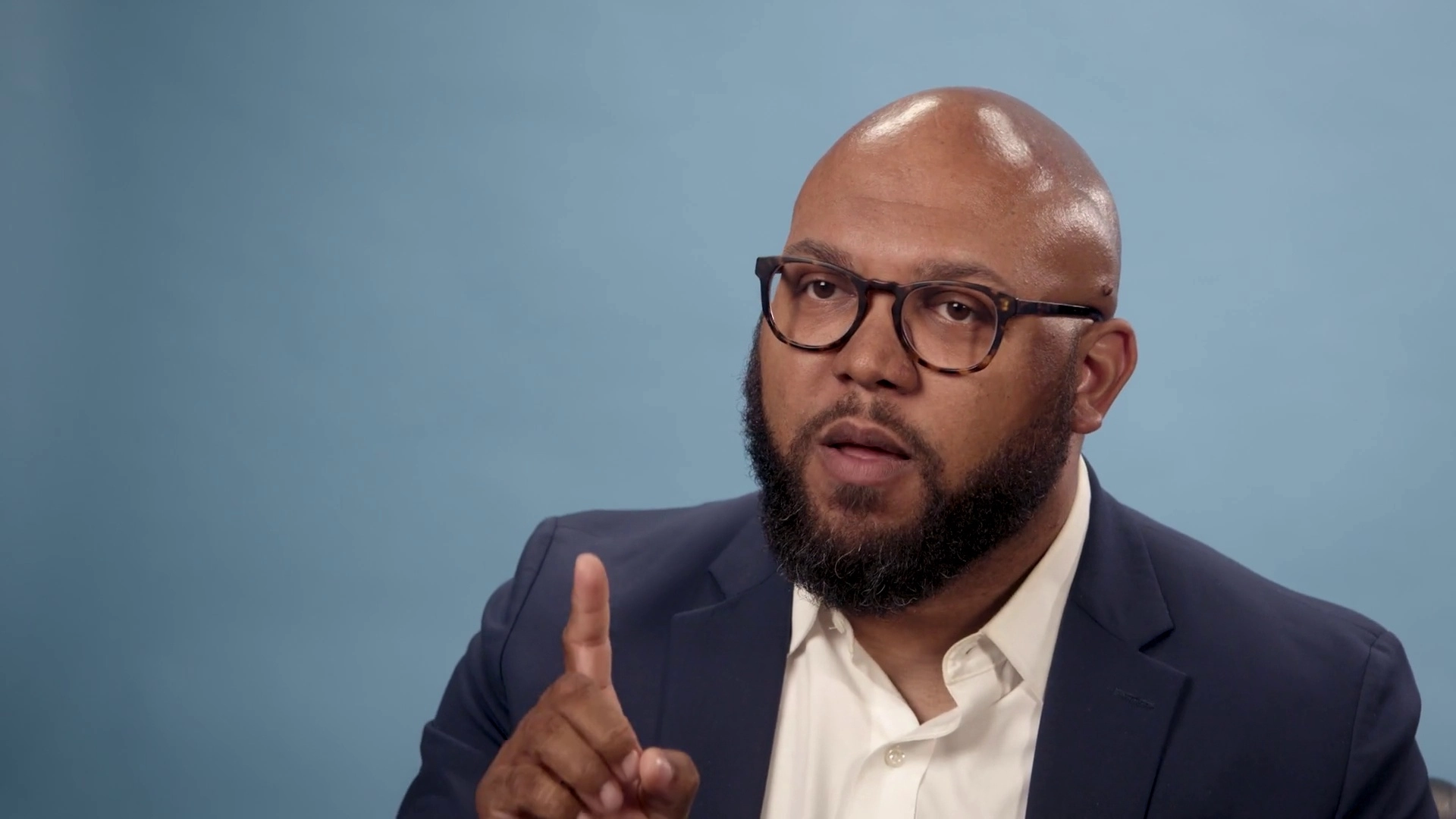
Building New Leaders
Succession isn't a dirty word. In fact, good leaders are always thinking about how to best equip those who might replace them in an organization. Successful leadership leaves a legacy, and the building of new leaders serves as the vehicle for that impact. Reach out to someone you feel could become an influential leader in your organization. How can you begin to nourish that potential?

